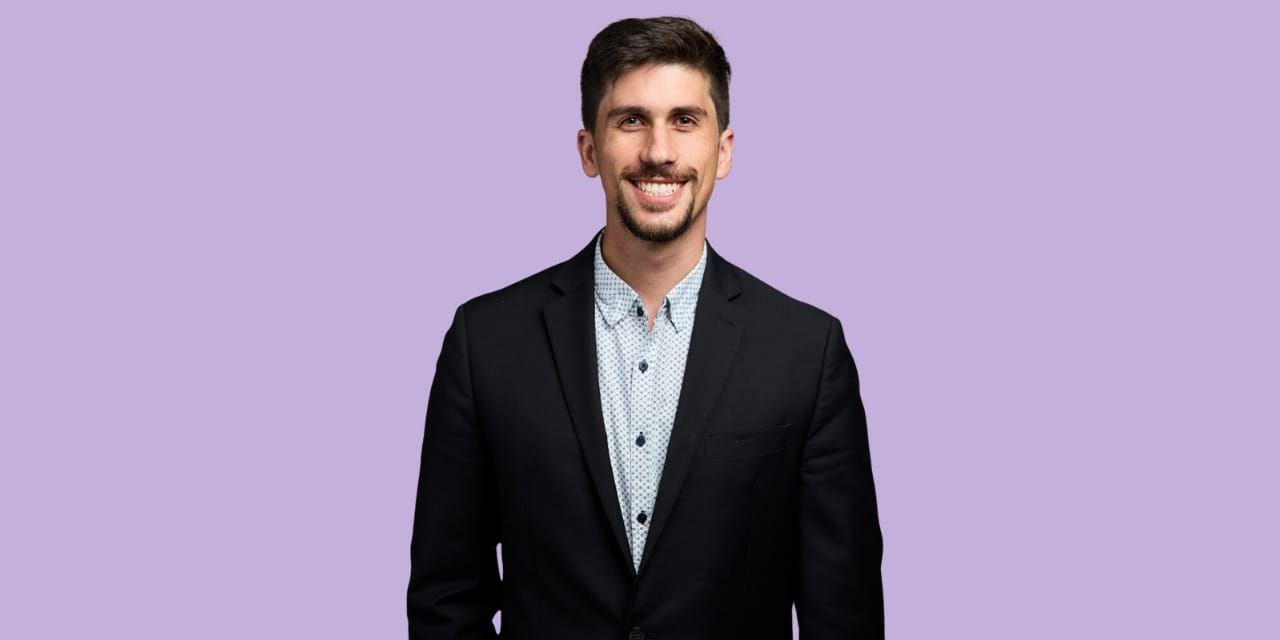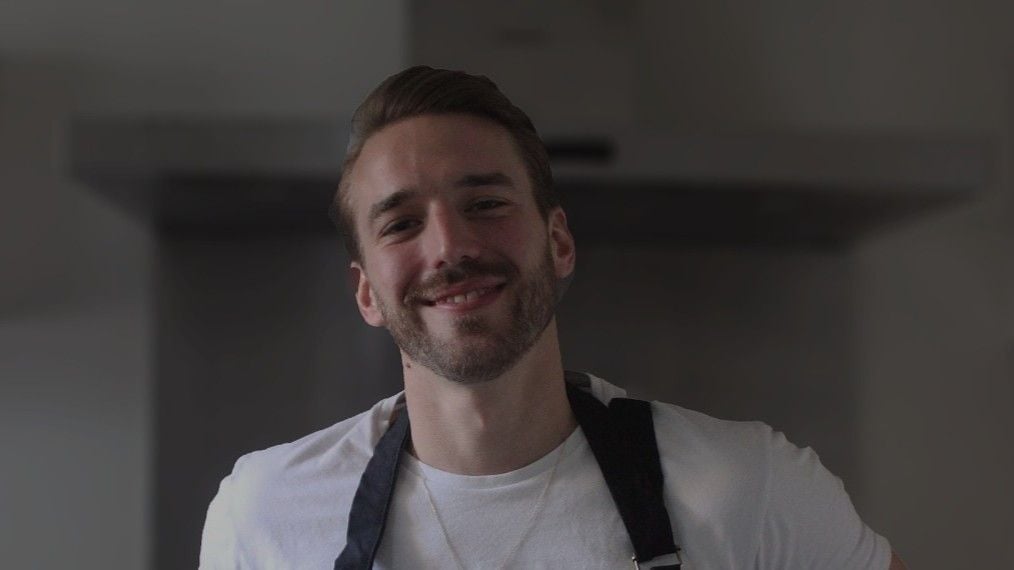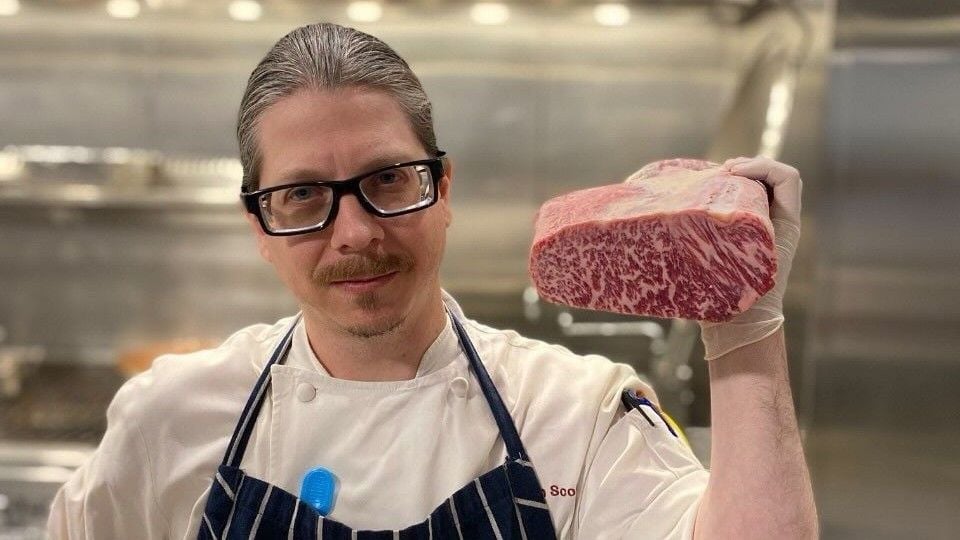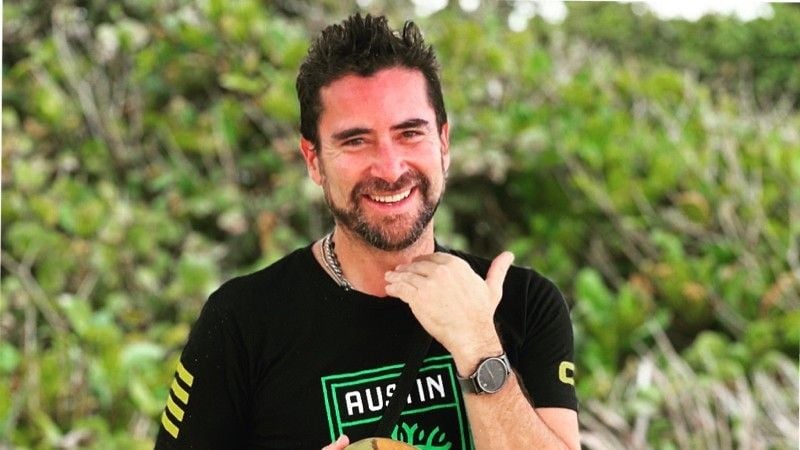Eduardo Burkard is a hospitality expert with over 10 years of experience. He started his career with Hyatt in hotel operations and later moved to the vendor side, specializing in revenue management technology. Currently, Eduardo works with BITAC events and Hotel Interactive and runs a monthly LinkedIn newsletter, offering brief industry insights and updates.
What initially drew you to the hospitality industry?
Eduardo: My first hotel job was at a Ritz-Carlton while I was in college. Many of my friends worked there and mentioned great tips. I needed the money, so I gave it a try and found it to be both fun and rewarding. That experience really drew me into the industry.
After all these years in hospitality, what do you find most challenging and most rewarding about the job?
Eduardo: The most challenging aspect is the 24/7 nature of the business. Communication can be difficult with different shifts, and implementing new technologies can be a struggle due to varying schedules.
However, the most rewarding part is the human touch and the opportunity to make a difference in people's experiences.
What advice would you give to someone just entering the hospitality industry?
Eduardo: Show them what a career in hospitality looks like. Many people see it as a temporary job, but there are numerous opportunities for growth and development. Networking is crucial, so attend industry events and be open to learning new skills. Companies are becoming more proactive in training and supporting their employees, which can lead to a rewarding career.
How has technology changed the hospitality industry since you started?
Eduardo: Technology has significantly impacted the industry. For example, the shift from cash tips to digital tipping has been a notable change. Digital tipping platforms allow guests to tip hotel workers directly, which can improve employee retention and guest satisfaction. However, it also highlights the need for responsible implementation to avoid over-reliance on tips.
There's a lot of discussion about the tipping culture. What are your thoughts on this?
Eduardo: I love the tipping culture, but it has gotten out of hand in some cases. It's important for digital tipping companies to provide best practices and for operators to use these tools responsibly.
Tipping should enhance the guest experience and motivate employees without becoming a substitute for fair wages.
How is inflation affecting the hospitality industry, particularly hotels?
Eduardo: Inflation is definitely impacting the industry. Hotel development projects have slowed down due to economic uncertainty. However, the luxury segment and hiring efforts continue to be strong. Hotels are still short-staffed, and wages have increased, making it a challenging but opportune time for new entrants.
Does the hospitality industry struggle with employee retention?
Eduardo: Yes, employee retention is a significant challenge. The industry is exploring innovative solutions like daily pay and flexible scheduling to improve retention. Hotel companies are becoming more creative in their benefits offerings to support frontline employees and reduce burnout.
How would you describe the overall work environment in the hospitality industry?
Eduardo: The environment can be stressful. However, leaders nowadays are increasingly focused on providing a better work-life balance and ensuring employees feel valued.
Open communication and support from managers can make a significant difference in the work environment.
If you could change one thing about the industry, what would it be?
Eduardo: If I could change one thing, it would be to move away from outdated technologies. Upgrading to new systems across the board would improve efficiency and employee satisfaction. Additionally, finding a way for hotels to close for a few hours to recharge would be beneficial, although it may not be realistic.
What do you see as the future of the hospitality industry?
Eduardo: The future of the industry will be heavily influenced by AI and automation. I believe that within the next five to ten years, many hotels, especially select service brands, will be highly automated. Personalized service with actual staff may become a luxury. The balance between consumer demand and technological advancements will shape how the industry evolves. I'm excited about the future of the hospitality industry and the opportunities it presents. It's a dynamic and rewarding field with endless possibilities for growth and development.
Finding Your Path in Hospitality
Hospitality is always evolving, but great service and strong connections will always matter. Stay open to learning, build relationships and take advantage of training opportunities. The work can be demanding, but with the right mindset, it can be a rewarding and lasting career.



-1024x957.jpeg)
